
Is SPF 30 enough to protect your skin?
Most of us are well aware of the fact that we need to protect our skin from the sun to prevent skin damage like sunburn, tanning, breakouts, skin cancers, etc. However, only a few people understand the concept of the SPF quotient for sunscreen.
Nothing to worry about for all those looking for answers to one of the most popular questions - is SPF 30 enough? This article will decode the meaning and value of SPF (Sun Protection Value) and whether SPF 30 is enough to combat harmful sun rays.
Understanding SPF Ratings
The very common misunderstanding about the SPF quotient is that it denotes how long the effect of the sunscreen will remain on your skin. But this is absolutely wrong. The SPF quotient determines the efficiency of protecting your skin from the UV rays of the sun.
An SPF of 30 denotes that the sunscreen can block 97% of the UV rays, while an SPF of 50 means the product can block 98% of the sun rays and so on. Let us take a quick look at the different values of the different SPF quotients.
- SPF 2 blocks 50% of UV rays
- SPF 4 blocks 75% of UV rays
- SPF 10 blocks 90% of UV rays
- SPF 15 blocks 93% of UV rays
- SPF 30 blocks 97% of UV rays
- SPF 50 blocks 98% of UV rays
- SPF 100 blocks 99% of UV rays
From the above, it is easily understood that the more SPF there is, the more efficient the product is. However, that does not mean that an SPF 30 will not be enough. Rather, it is important to understand that the standard recommended SPF is 30 or above. Hence, ensure that you are not using anything less than 30.
How UV Rays Affect Your Skin
The UV rays of the sun reach the Earth in two different variants - UVA and UVB. While both of them are harmful and have adverse effects on the skin, the UVB rays are believed to cause various skin cancers. Let us study their effects on the skin in detail.
-
Premature Ageing, Sunburn, Tanning And Other Skin Damages
The most common negative impact of the sun on our skin is tanning. Prolonged exposure to the sun triggers the overproduction of melanin, which makes our skin look dark. Moreover, it also brings about photo-ageing, which means sun-induced ageing. Besides, the rays also cause the skin to get dehydrated and cause skin irritations like redness, itchiness, etc.
-
Skin Cancers
The rise in the number of skin cancers is directly proportional to the increased percentage of UV rays reaching the Earth. Previously, the ozone layer acted as a shield for us, but in the present, with more and more global warming and pollution, the effects of the rays are becoming all the more adverse. Hence, they are easily able to influence the DNA mutation of the cells, thus causing different types of skin cancers, such as melanomas, basal cell carcinomas, and squamous cell carcinomas.
-
Hinders Functioning Of The Immune System
A very recent study has shown that prolonged exposure to UV rays can also harm the body’s immune system. The study also stated that the skin’s natural defence system was also harmed due to the same cause. Usually, skin is able to fight against various infections and allergies, but if you expose your unprotected skin for a long time to the rays, then its ability is compromised.
Is SPF 30 Enough?
Yes, any sunscreen with SPF 30, like Pink Foundry’s Mineral Matte Tinted Sunscreen is sufficient to keep away the adverse effects of the sun effectively. Moreover, this is also a hydrating, water-resistant, broad-spectrum sunscreen. A broad-spectrum sunscreen means that the product can protect you from the harms of both UVA and UVB.
Though there is no harm in opting for a product with SPF 50 or above, make sure not to use anything below SPF 30. Products below SPF 30 will not be effective enough to protect your skin.
Is SPF 30 Enough For Everyday Use?
Another dilemma that almost everyone goes through is - is SPF 30 enough for everyday? If you have a habit of wearing your sunscreen every day - which you must - then opting for a SPF 30 is more than enough.
Along with a higher SPF, it is also important to ensure that the product is a broad-spectrum one and offers adequate hydration. Moreover, if it is a hybrid sunscreen, that is definitely an added benefit.
What Actually Matters When Applying Sunscreen
If you think sunscreen is just about the SPF quotient and whether it is broad-spectrum or not, then you are partially wrong. There are various other things to consider to ensure maximum protection for your skin.
Firstly, reapplication of the product. You need to redo your sunscreen every 2 hours as the effect of the product remains for just a couple of hours. Moreover, if you are a swimmer, then you need to apply the product right after you are done with the activity.
Secondly, applying the product solely without any proper routine may not be fruitful enough. It is best to integrate it into a full-fledged skincare routine. Because applying the product without properly cleansing your skin or layering it before the lighter products might hinder its function. Hence, for the best results, it is best to incorporate it into a morning skincare routine.
Also read: Sunscreen Basics: Does Sunscreen Expire And How Long It Lasts
Conclusion
We assume that by now, we have satisfactorily answered your question - is SPF 30 enough for face, and what are various other things that matter along with the sunscreen quotient? However, one thing to keep in mind is not to opt for any product lower than SPF 30 or else your protection will be compromised.
FAQs:
1. What does SPF mean in sunscreen?
The sun protecting factor means the percentage of the UV rays the sunscreen can block. For instance, the SPF 30 means the product can block 97% of the UV rays.
2. What is the proper skincare routine for applying sunscreen?
The basic regime begins with a cleanser followed by a toner. In the third step, you can either opt for serum or mask, then move on to a moisturiser. Lastly, finish it with sunscreen.
3. What is the best SPF quotient range?
The popular and best range is from SPF 30 to SPF 50. Sunscreen with less than SPF 30 is not at all recommended.

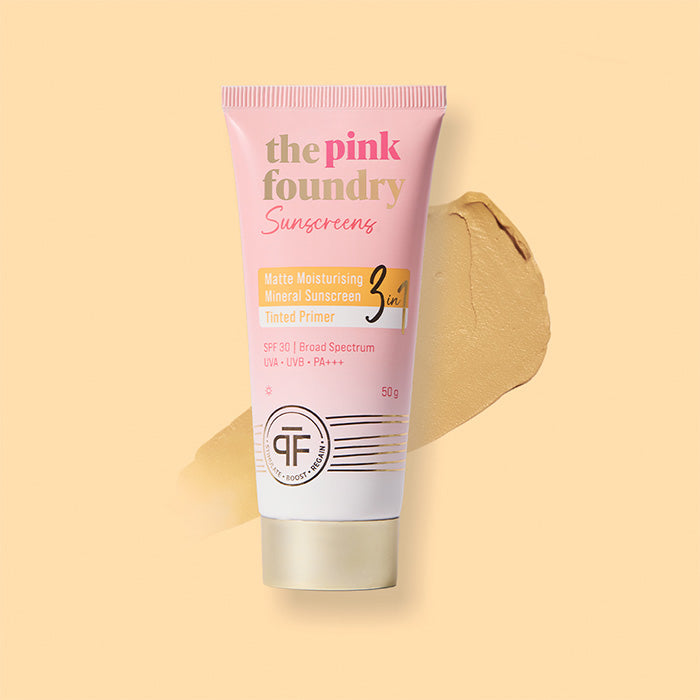

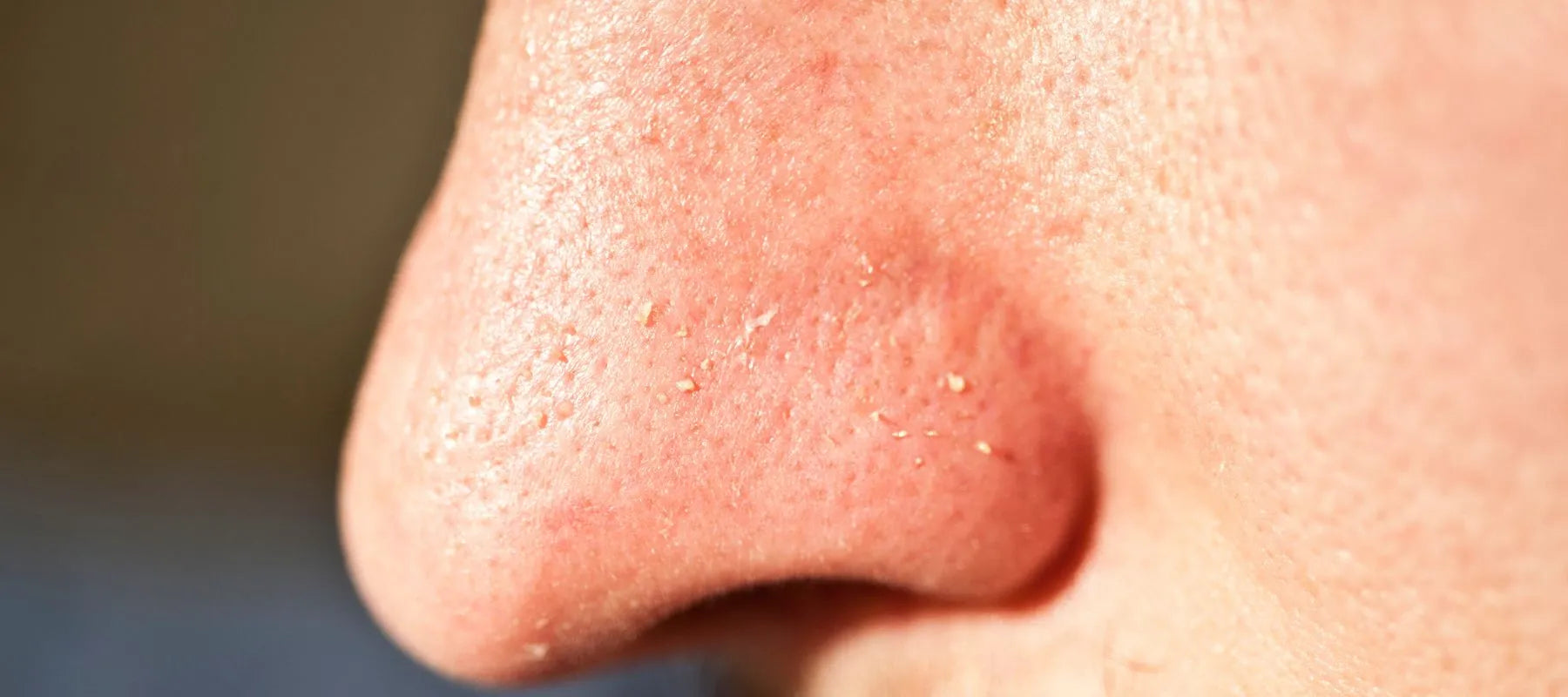



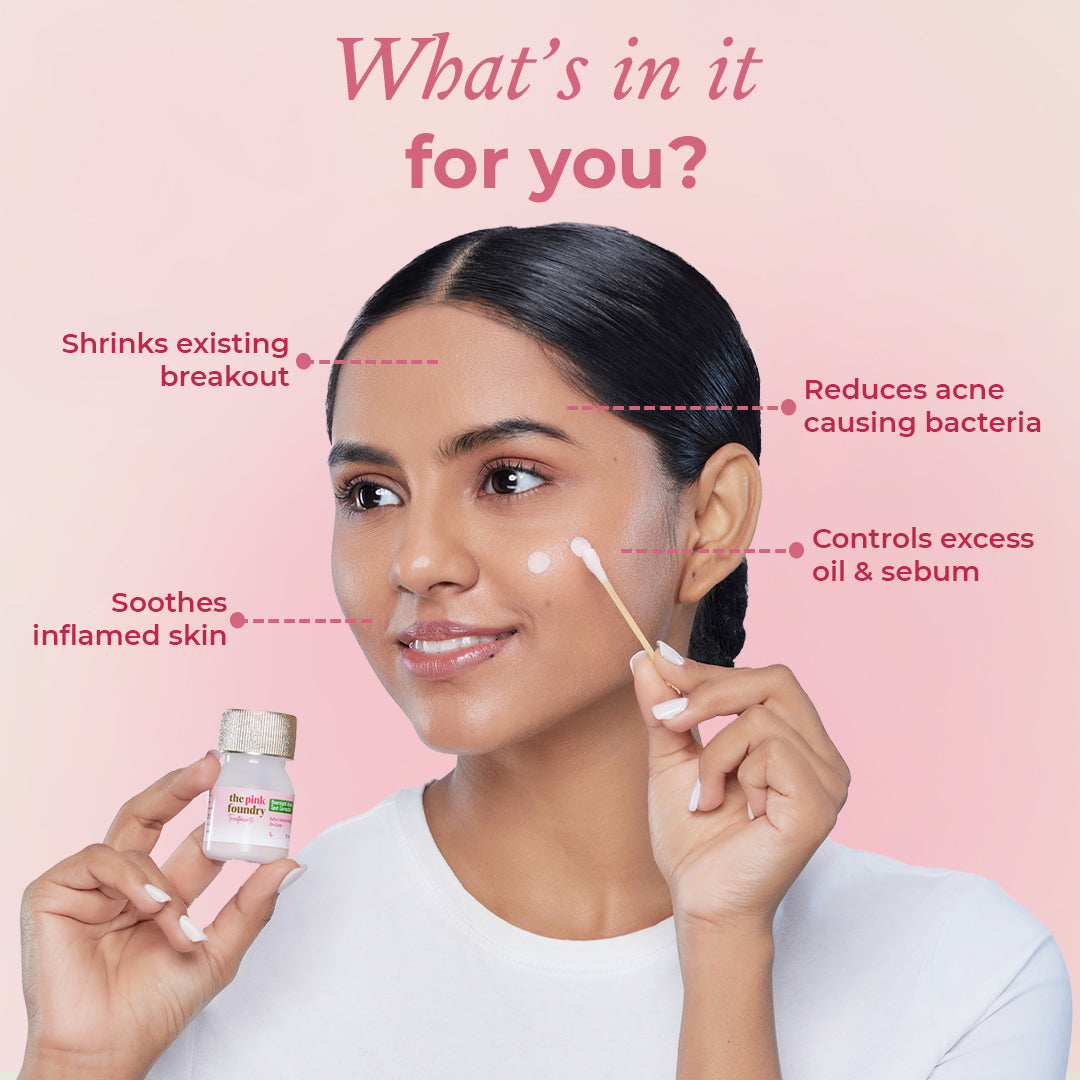
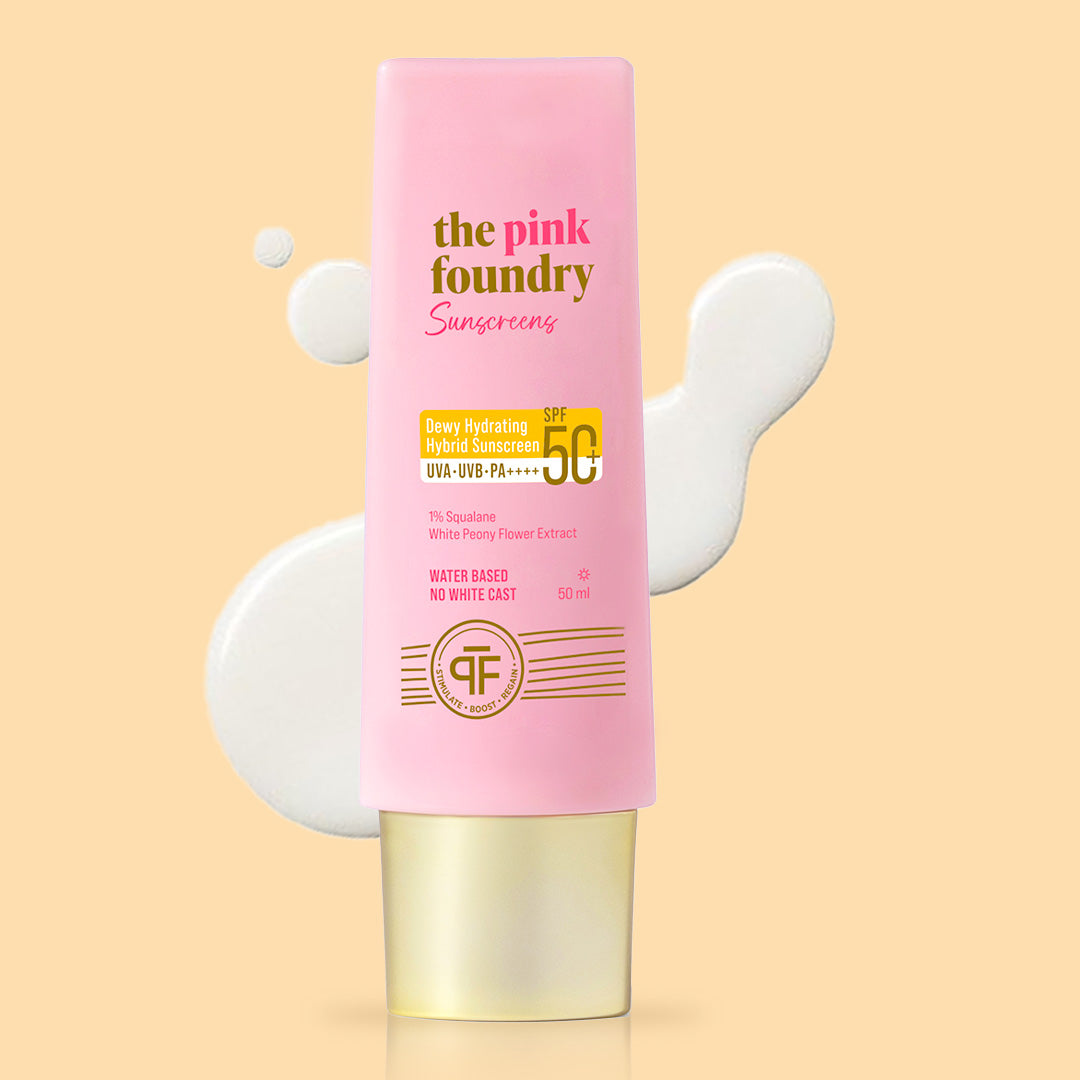
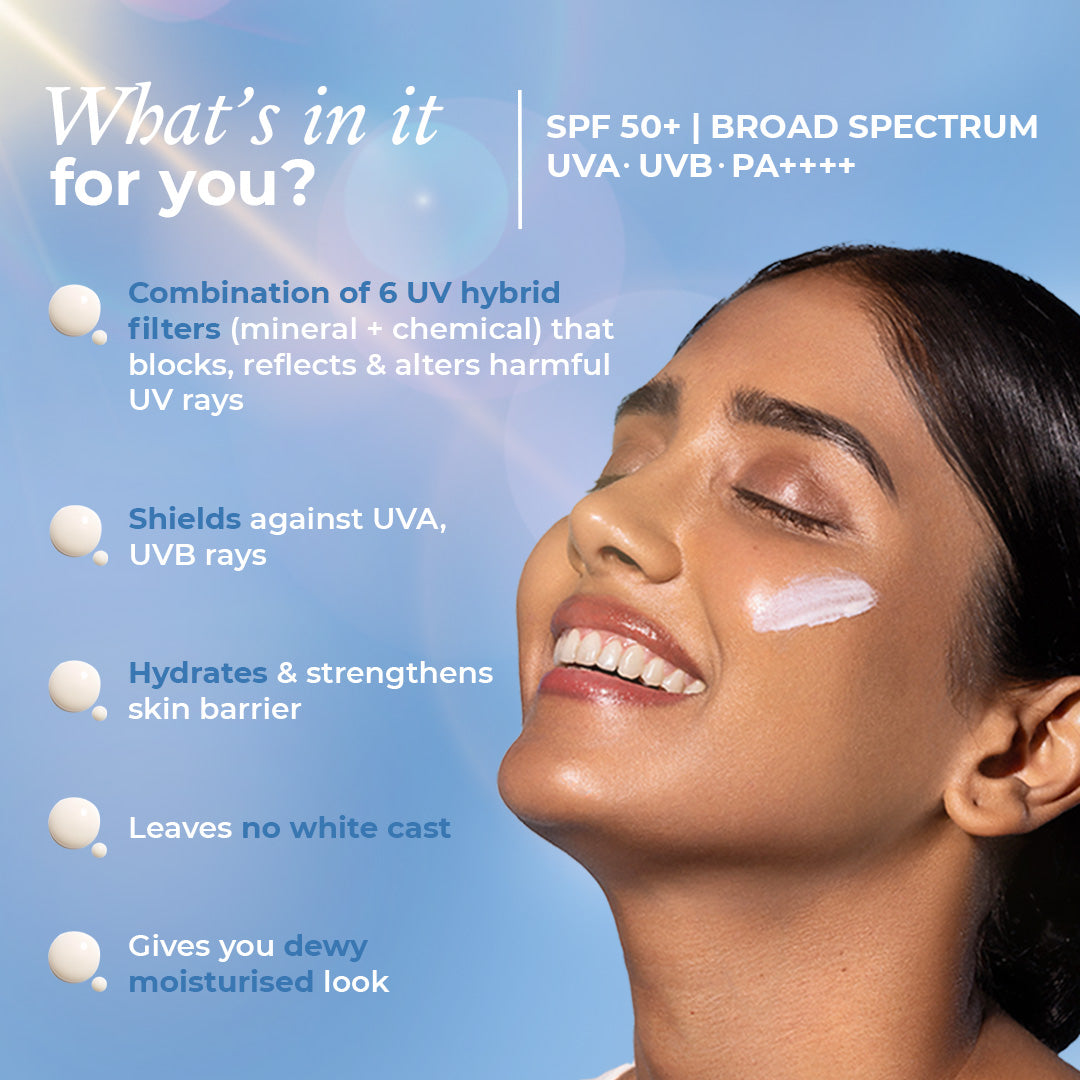


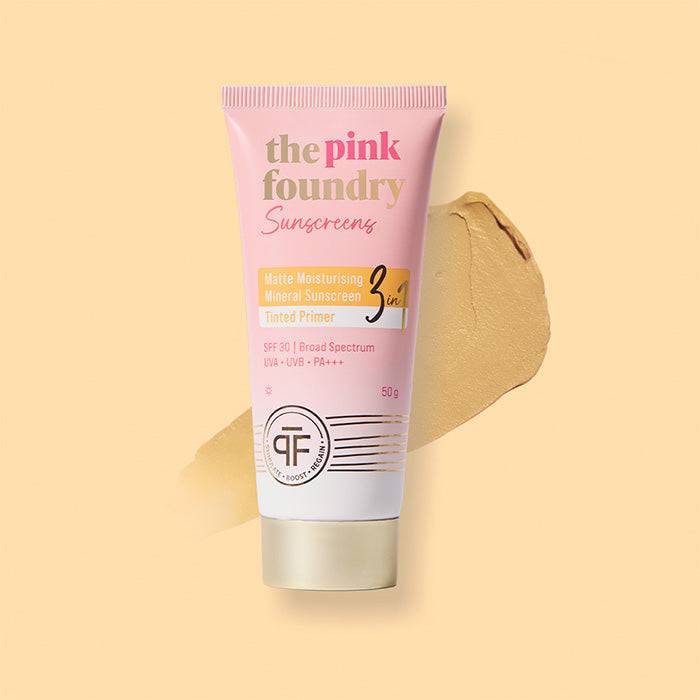
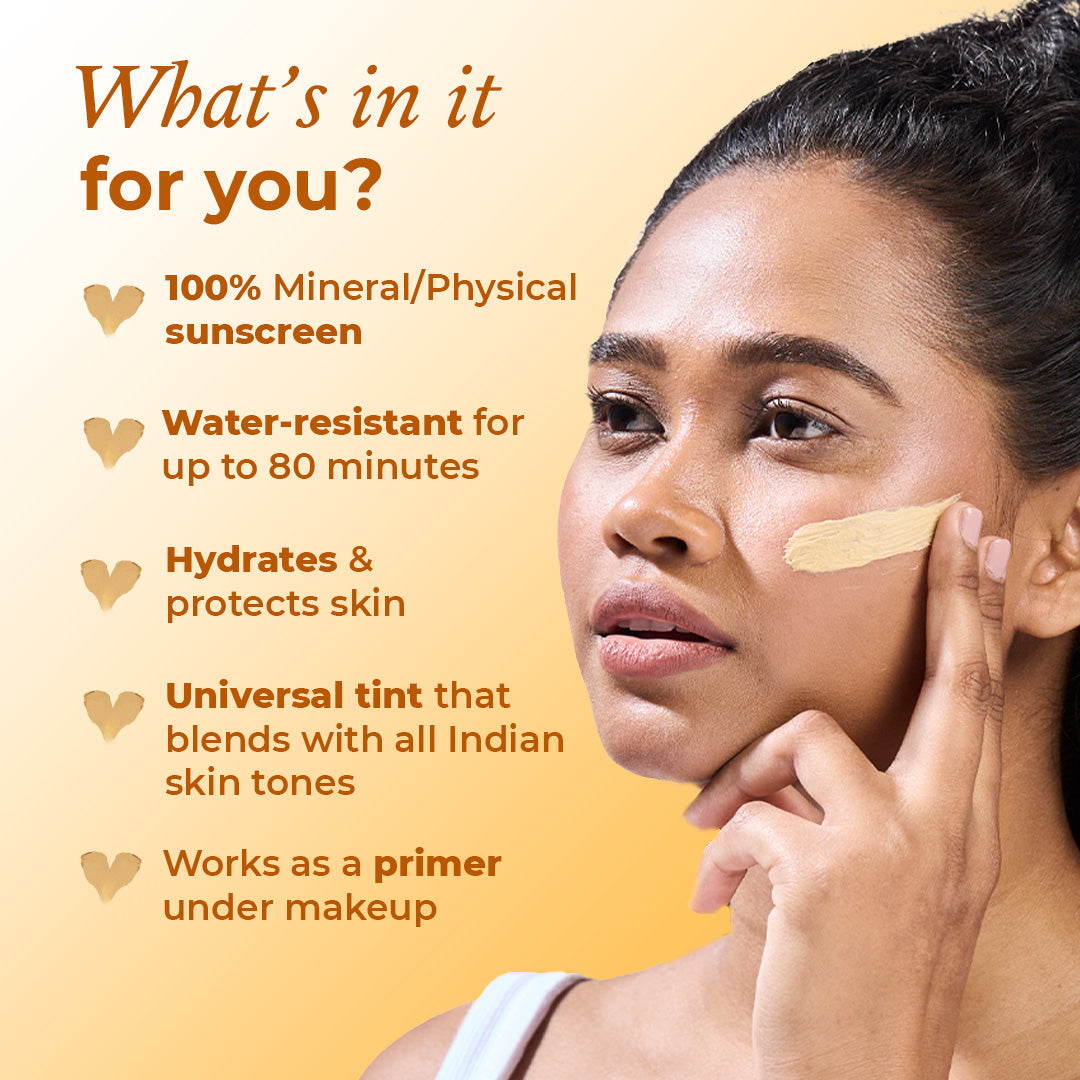



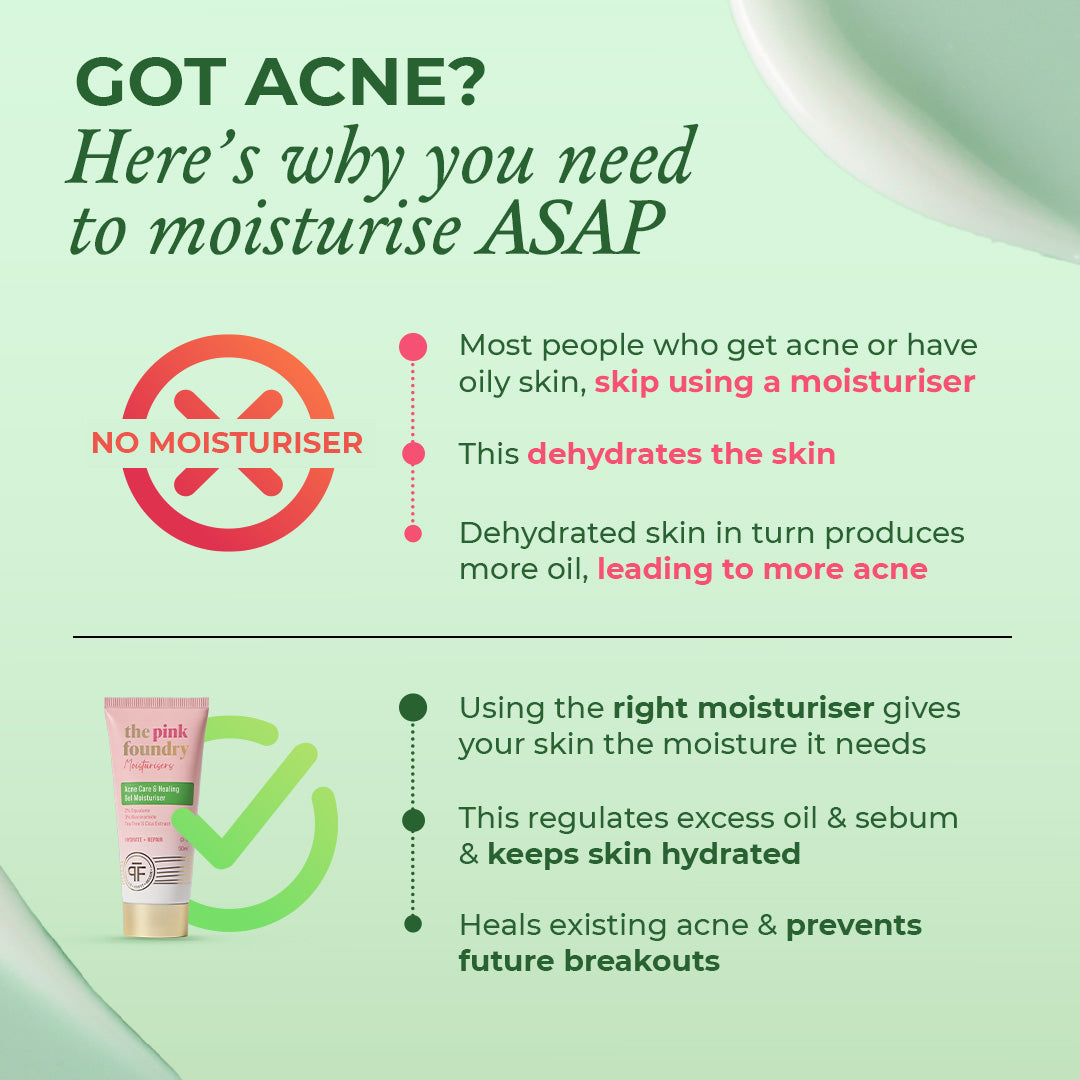
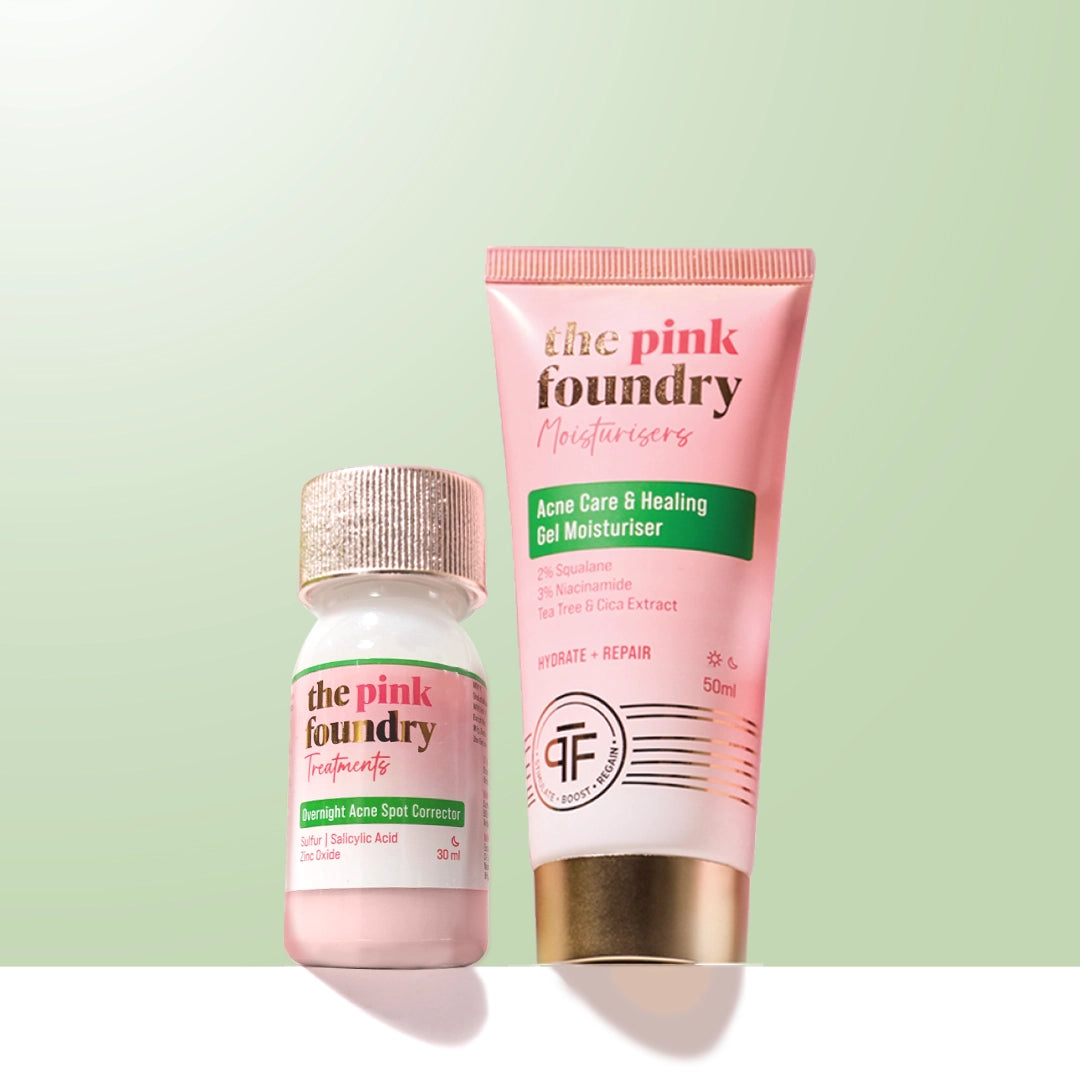
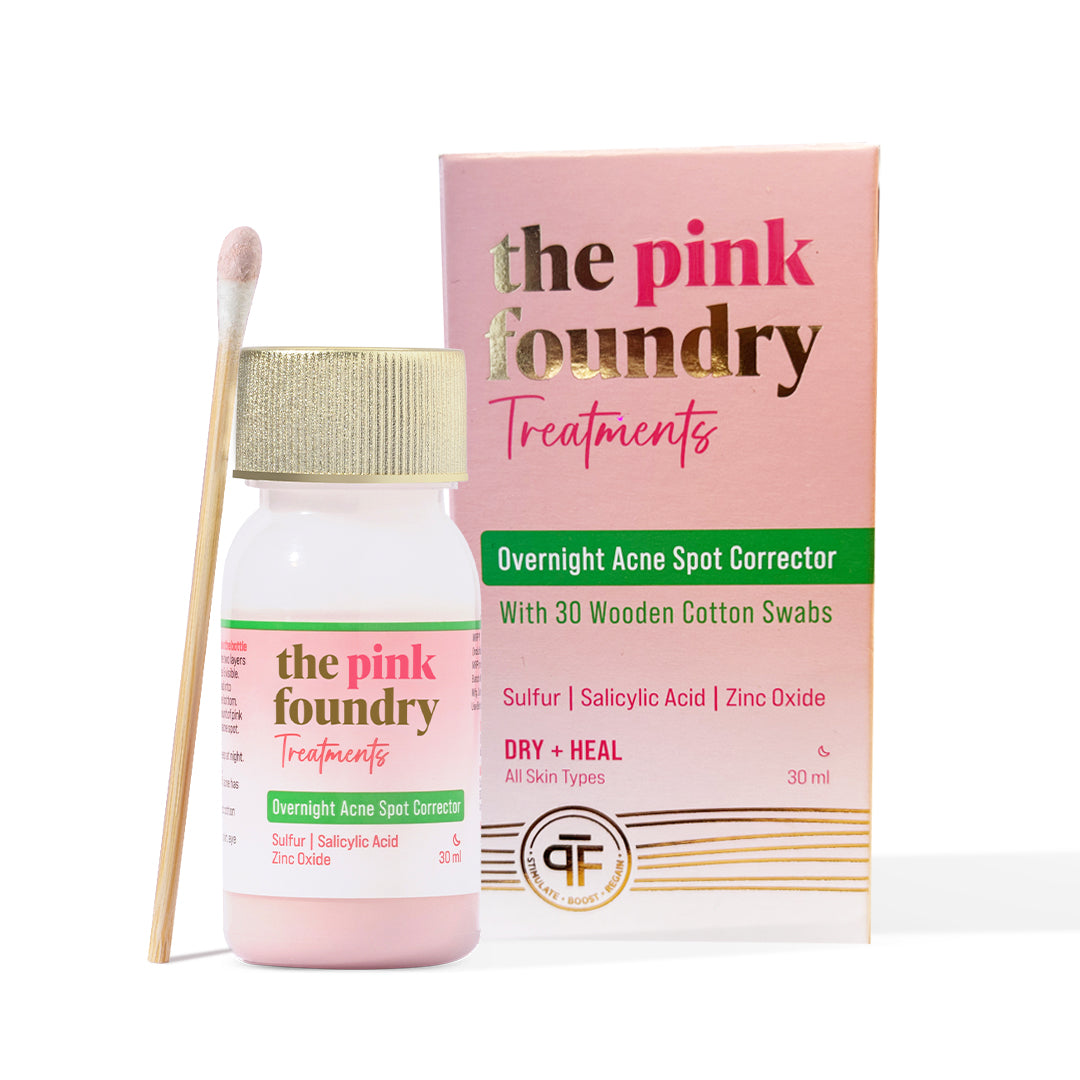
Leave a comment
This site is protected by hCaptcha and the hCaptcha Privacy Policy and Terms of Service apply.